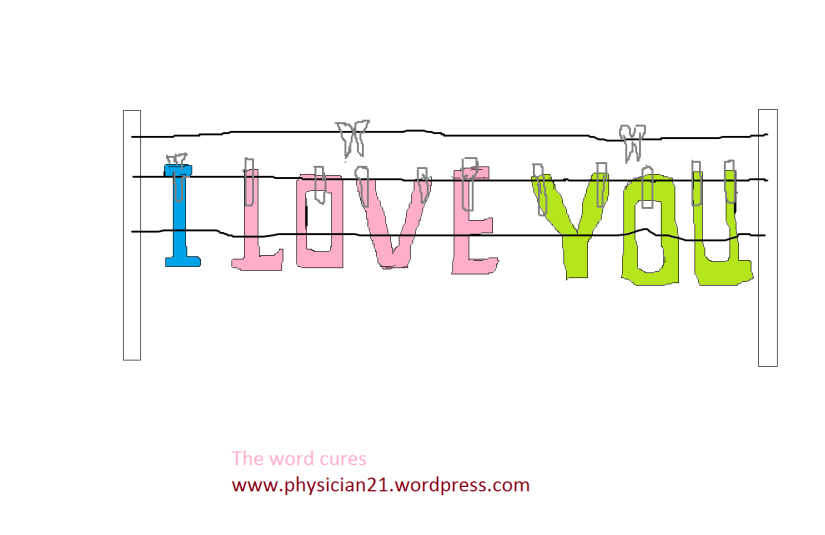Interviewer: Hallo, everybody! Welcome to this episode of “medical views”. We have today an interesting topic that should deserve our attention. Let’s welcome our guest. Welcome back, Mr. Physician21, to our program.
Physician21: Thank you very much for this nice introduction. It is my pleasure to be here.
Interviewer: I think the topic of today have special importance as its name implies, ‘the foul entity’. How could you imagine it?
Physician 21: ‘The foul entity’ as I could imagine is a natural component of our world that can turn our life to a true hell. We people do not like to have problems but our life does need them, anyhow.
Interviewer: So, ‘the foul entity’ is the site or station where all devil would be knitted.
Physician21: Yes. That’s it.
Interviewer: You mean it implicitly that the problems we have in our lives would have similar patterns that can be foreseen in definite paths and models.
Physician21: You are right.
Interviewer: So, what is the significance of your view in attributing the entire devil to one thing, one station or one entity?
Physician21: The advantage is quadruple. First, you won’t handle people in some unpleasant situation but you consider a divinely present ‘foul entity’ that knit problems – by dimension – for our satisfaction. Second, here, people are only objectified in the course of ‘the foul entity’. Then, you ultimately do not condemn people who may or may not resolve any time. Third, according to that view problems – both from outside and from inside one’s self – can be better foreseen, received, interpreted and handled. Fourth, the existence of a ‘foul entity’ should lead to the belief in a much larger good ‘all’ that contains and maintains all good meanings and things. Of course, the attachment and belonging to such great good all would bring a great joy and relief every time one is aware of and protected from the bad effects of ‘the foul entity’.
Interviewer: This imagination sounds very beautiful when people do not condemn one another but only condemn the bad deeds and be aware of their divine source according to your view. How could ‘the foul entity’ affect someone in a bad way? And where would be the protection sought for?
Physician21: ‘The foul entity’ may work in different ways or models, for example, through the “bad chance” like when somebody calls you by mistake at midnight. In this case you should know it was not meant to bother you. The protection shields against the foul entity include, therefore, positive thinking, forgiveness, generosity, innocence, reflection, and good spirituality.
Interviewer: To summarize, ‘the foul entity’ as imagined by our guest is a natural component of our moral world that is needed to refine people’s ability and willingness to do well. So, it ultimately works for our benefit on the condition that we are able to divert its seemingly bad tricks and plots to the flourishing of our really good. Thank you very much, Mr. Physician 21, for this great idea.
Physician21: Thank you, Sir, for your extraordinary presentation.
